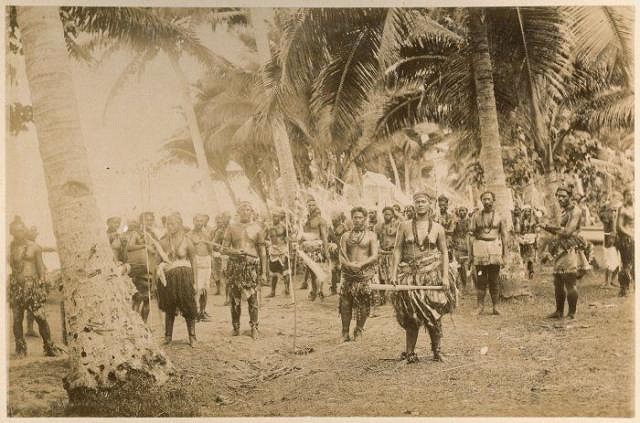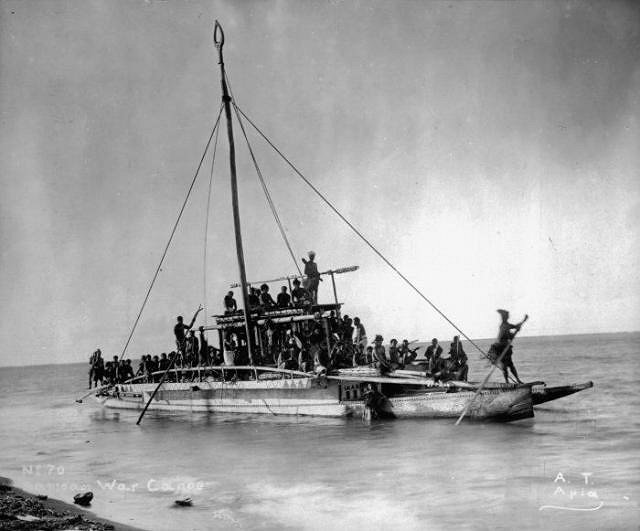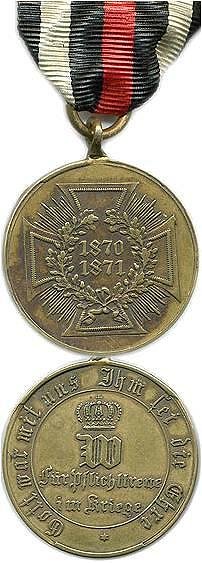Tiki Central / Tiki Drinks and Food / The real Dr. Funk
Post #627587 by TikiTomD on Sun, Mar 4, 2012 4:32 PM
|
T

TikiTomD
Posted
posted
on
Sun, Mar 4, 2012 4:32 PM
Next, a bit of what’s known about Dr. Funk’s beginnings and his life before he came to Samoa, again recapped from Leilani Burgoyne’s “Going ‘Troppo’ in the South Pacific: Dr. Bernhard Funk of Samoa 1844–1911”... Dr. Funk was born August 8, 1844 in Neubrandenburg, a town on Lake Tollensesee in what is now northeastern Germany. At the time, there was no unified country of Germany, only separate feudal states. Neubrandenburg was itself part of the Grand Duchy of Mecklinburg-Strelitz. According to Neubrandenburg’s web site, most of Europe’s saunas are today made there, as well as a majority of the world’s engine block heaters. The town has surviving brick Gothic fortifications and buildings from Europe’s medieval past. Funk was the oldest of seven children. His father was a medical practitioner. After graduating from grammar school in Neubrandenburg, young Bernhard enrolled at the University of Berlin, then the University of Tübingen, where he completed his medical studies. Young Dr. Funk then joined the Prussian army as a surgeon serving during the Franco-Prussian War of 1870 to 1871, where he treated the trauma and grievous wounds resulting from horse cavalry charges, bayoneting, artillery bombardment and rifle wounds under battlefield conditions. The experience surely hardened the man and well prepared him to treat the survivors of Samoan civil wars, shark attacks and seafaring accidents posted about earlier in this thread. Armed group, Samoa, between 1885 and 1898 Men with guns at Fort Samoa in Apia, Samoa, 1888 Samoan war canoe, 1890s Leilani’s paper cites an interesting anecdote about Dr. Funk. In his unpublished work, Samoan Personalities, George Westbrook recalled that the old doctor’s face and head had numerous battle scars. On seeing a photograph of himself that Westbrook had retouched to hide the scars, Funk was indignant...
One might wonder if the old doctor also suffered lasting scars on his hands and arms from the antiseptic surgical technique employed by the Prussian army during the Franco-Prussian War. This technique was based on the work of Lister and involved spraying carbolic acid (phenol) on the surgical dressings and wounds. It greatly reduced patient mortality from infection, but the antiseptic agent that transferred to the surgeon’s hands and instruments was capable of causing second and third degree chemical burns on prolonged or repeated exposure. 1870-71 Franco-Prussian War commemorative medal -Tom |




